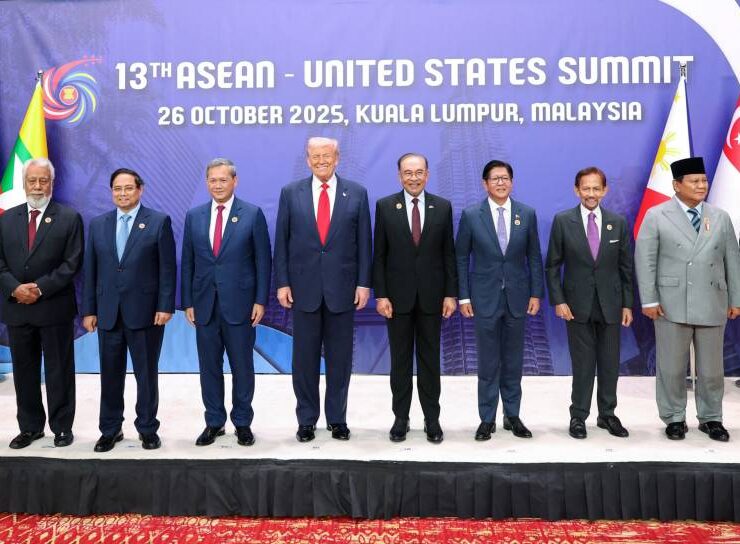Whistleblower protection program revised

The Governance Commission for GOCCs (Government Owned or Controlled Corporations) (GCG) announced stronger rules against sexual harassment, illegal dismissal and retaliation against whistleblowers to deter “illegal and unethical acts” within state-run firms that can harm public interest.
Memorandum Circular No. 2025-01 revised the whistle blowing and integrity program (WHIP) for GOCCs which, GCG said, was aimed at “strengthening transparency, accountability and integrity” among state corporations.
The GCG is the central advisory, oversight and monitoring body of the GOCC sector.
Specifically, the memo would establish a “formalized process” for reporting acts related to fraud, corruption, abuse of authority, sexual harassment and “other malpractices that may harm the public interest.”
GCG said that one of the key features of the revamped WHIP is the inclusion of sexual harassment, illegal dismissal and retaliatory acts against whistleblowers in its scope and application.
This, as the agency acknowledged the need to tackle a “wider range of offenses and violation” happening within GOCCs.
Confidentiality
To double down on its efforts to fight various forms of abuses, the GCG said the revised WHIP would ensure that individuals who come forward in good faith to report violations will be protected against retaliation, which includes dismissal, harassment, discrimination and “any other adverse employment action.”
Once a report is submitted, the GCG said the filing would undergo an initial review for assessment. In cases where misconduct is found, the GCG said it would “pursue the appropriate remedy or action” as discussed under the new memo.
“Additionally, the WHIP provides confidentiality guarantees, ensuring that the identity of whistleblowers remains protected unless they choose otherwise, or when legal proceedings require such disclosure,” the GCG explained.





















